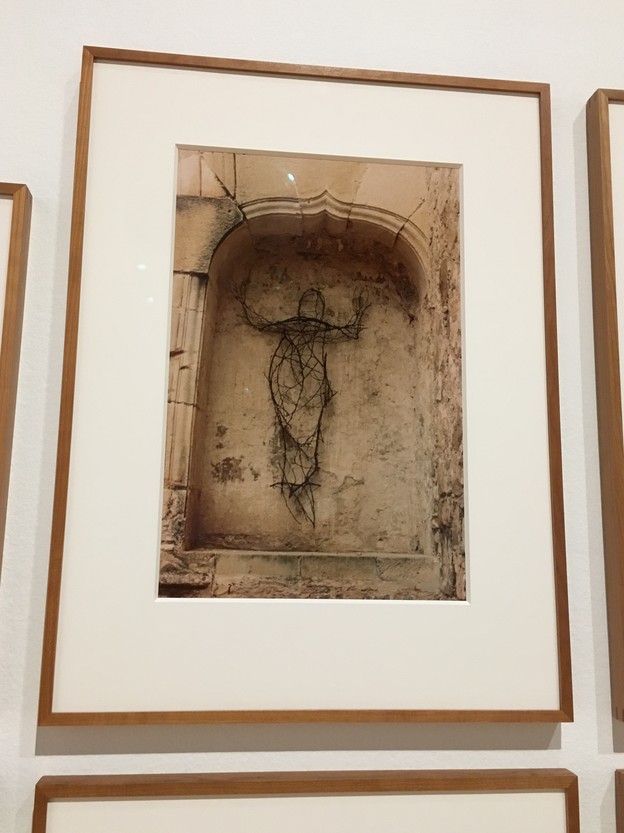Into-an-empty-swimming-pool-diving in love

I am falling in love with a person. Isn’t falling in love one of the weirdest feelings you’ve ever had? I can’t say that it is pure joy. I mean we say FALLING in love for a reason. And, as you get older, falling is no joke. Forty-two-year-olds fall down and can break their body. But love falling is so much riskier! We really should call it plummeting in love. We really should call it into-an-empty-swimming-pool-diving in love. It feels like my realities are at stake. My sense of self. The view of my life from this angle — forty-two-year-old white mother poet lady. I remember when I had an abortion and as the anesthetic pulled me from a scary and incomprehensible reality, I looked up at the nurse whom I had asked moments before to please hold my hand, and said, You look so beautiful from this angle.
Life is complicated, perfectly. Annoyingly so.
Take how you grieved and yearned and toiled and threw up and sifted through your throw-up and a couple of years later saw how those verbs could have been no other verbs — no way, no how. How perfect the deep shit you treaded in, those two years before, is. That is grace.
It is likely the fringes of grace are annoying.
Perfect isn’t, by default, good. The problem with saying “perfect isn’t good” is that forty percent of the country will read that and think, Ah, okay, perfect is bad. (Western thought is lazy in this way, no?) Do I really need a disclaimer then? Fine. Also, perfect isn’t, by default, bad.
I think Grey Gardens (1975) is a perfect movie. It also happens to be good. Grey Gardens is a documentary about a mother and a daughter, both defunct relatives of Jacqueline Kennedy Onassis, and their poverty-stricken lives in a run-down mansion called Grey Gardens. They are both named Edith, but the mother seems to be called Big Edie and the daughter Little Edie. There is no movie more about women than this movie. This movie is about what happens when women are permitted to become feral. What happens when women are permitted to revel in their own psychology and plumb it (plummet), free from some parts of the panopticon. I see in these women my entire life, not the details of course, but a thick layer of it: the worries and obsessions and deep connections and fluctuating esteem.
When Little Edie talks about feeling trapped at Grey Gardens, Big Edie says to her, You can’t get any freedom when you’re being supported.
Little Edie says, I think you’re not free when you’re not being supported.
Then a bit later Little Edie adds: It’s awful both ways.
I write in a poem about an old friend named Melissa naming her daughter Melissa. How patriarchal, I say in the poem, acknowledging that because Melissa and Melissa are women, this act is, in reality, radically antipatriarchal.
Friday night, Sara and Mary Jane talked with me about the names in their families. Sara is named after her grandmother. Sara says her aunts would call each other Mary or Mare, though none of them were named Mary. Mary stood for girl. Hey Mare. Hey girlfriend. Hey girl.
My mother called my sister and me, her little girlfriends. Mama’s little girlfriend, she would singsong when we were feverish while she traced her fingers on our foreheads.
I call my daughter, friend. Friend, can you help me in the kitchen? Did you have any dreams last night, friend?
Roy told us by the fire, Friday night, that his mother’s name was Leelah and that his middle name is Lee. He said he hates that middle name but not because of his mother. Because of a man named Lee. When he told us his parents were slaves everyone went quiet.
I wish I could have told Roy that Lee was Jackie Kennedy’s middle name, too. But I learned that today. And today is a few days after Friday.
Little Edie says, It’s very difficult to keep the line between the past and the present.
Sometimes I cannot point out one boundary between Big Edie and her daughter, Little Edie.
I also am falling in love with my child, but perpetually. Daily. Hourly. Can one say minutely? Nanosecondly? It is a shame to press love against a ruler. Stand up straight. Heels against the wall, love. No tiptoes. I gotta measure you. In some way, it gives precedence to the measure. I am thinking now of a reality in which the more we love the more the tick marks on the measuring tape blur.
Can love have that power?
That night by the fire with Roy I remarked that Leelah is such a lovely and rare name. But there are other Leelahs. Leelah Alcorn is a young woman who walked into traffic because she was alone and alienated and condemned for being transgender. She had no support. She had no freedom.
I think you’re not free when you’re not being supported, Little Edie said. And this, this is one boundary between Big Edie and Little Edie, between mother and daughter, between past and present.
You’re not free when you’re not being supported.
You’re not free when you’re not being supported.
We must keep measuring love. At least until everyone has it.
How Many Poets Does it Take to Screw in a Light Bulb?